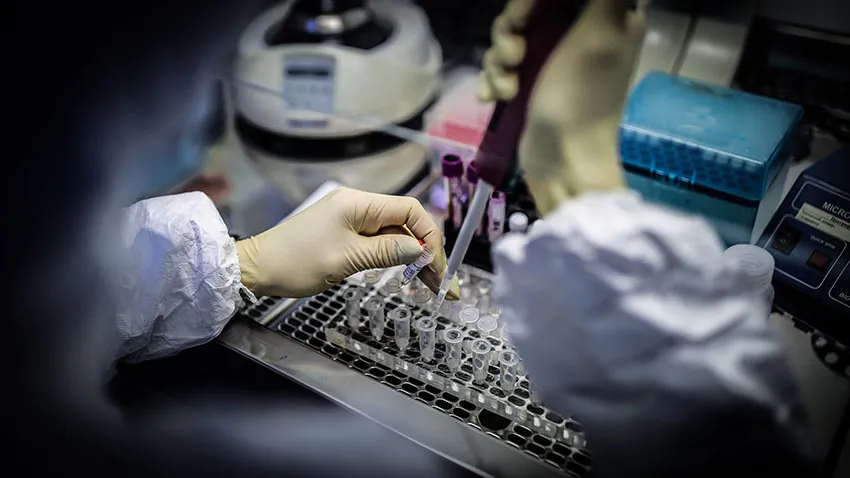
Indonesian startups and venture capital firms have tied up in a crowd funding campaign for the domestic production of coronavirus test kits, as the number of COVID-19 cases continues to climb in the archipelago.
The project was initiated by early stage startup investor East Ventures and is looking to raise 10 billion rupiah ($600,000) to cover costs related to the production of the test kits, as well as genome sequencing of the novel coronavirus which causes COVID-19. East Ventures has already donated 900 million rupiah, while Indonesian unicorns Tokopedia and Traveloka have donated 800 million rupiah and 200 million rupiah respectively.
Launched at the start of this week, the platform, which is also open to public donation, has already managed to attract around a sixth of its donation target.
Nusantics, an Indonesian genomics technology startup that was recently appointed by the government's Agency for the Assessment and Application of Technology (BPPT) as a member of the task force for tackling the outbreak, will conduct the genome sequencing and design of the test kits. Once the design is proven successful, mass production will be handled primarily by Bio Farma, a state-owned vaccine manufacturer.
Willson Cuaca, a partner at East Ventures, said he hoped to produce 30,000 to 40,000 test kits within a month.
East Ventures is an investor in Nusantics, having invested an undisclosed amount in late March, according to Crunchbase.
Indonesia did not have a single confirmed case of COVID-19 until March 2, but now has close to 2,000 confirmed cases. Its death rate of over 9% is one of the highest in the world. The government has been criticized for its slow response and the lack of testing capacity. The country had tested 7,193 people as of Wednesday.
“It is very important in Jakarta to support speed testing so that we can detect people who are exposed earlier,” said Anies Baswedan, governor of Jakarta. “Many cases are known too late and their handling can be fatal. Or we are too late to detect until it has been transmitted to another.”
Like many other businesses, the startup sector has been adversely affected by the spread of the coronavirus, Cuaca noted. “The crisis that we are having today is not a typical crisis. I think this is a once in a lifetime kind of experience living in this crisis,” he said. “But it doesn’t mean those companies cannot contribute to the society.”




















